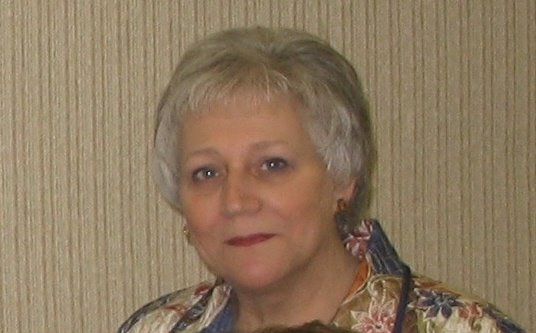Happy birthday, Bilbo and Frodo
September 22. Today is the shared birthday of Bilbo and Frodo Baggins, hobbits extraordinaire and dear old friends. For years, I have celebrated this august occasion... no, wait, this September occasion... by nestling in and rereading the glorious "Lord of the Rings" trilogy by J.R.R. Tolkien. (I was six when "Fellowship of the Ring" was published, which, I guess, makes me older than Middle Earth).
I thought this year I would watch all three Peter Jackson films back to back rather than reread the books. The films are magnificent and I have seen each of them 17 times or more in the theater. On one occasion, I had the theater all to myself and drove home in the dark with my imagination still firmly in Middle Earth. I could live and be happy at Bag End. I would fit right in. I am almost as vertically challenged and nearly as round as the average hobbit.
But I have decided to honor my own tradition and crack out the well-worn books that I have re-read at least 30 times now. I always find something new or rediscover something dear every time I read them. Few works have ever so completely transported me out of myself as this one does.
The last couple of years I have been studying "The Silmarillion". You can't really read "The Silmarillion", you must ingest it. It is a rich, dense cheesecake of a work and must be taken in small bites. Tolkien was a scholar and this is his scholarly back story to the Ring trilogy. I particularly love his creation story "The Music of the Ainur". In it, Iluvatar directs his host, the Ainur, in song. The music they create is miraculous, comprised of not only the sound of voices but the sounds of all things that organize noise into music.
The song Iluvatar directs is full of beautiful transcendent harmonies- and one deliberate disharmony. The disharmony is the work of Melkor. Again and again he derails the song , sometimes leading some of the Ainur to lend their voices to his but more often confusing the other singers into silence.
Iluvatar redirects the song down melodic paths he envisions time and again. When the song is ended, he reveals to the Ainur what their music has created. It is the world. In the beginning was the word - but in this creation story the word is sung.
There is always a discordant entity in all creation stories, perhaps to explain the imperfections of the world and its inhabitants, perhaps to show the exercise of free will. There must be a villain or there is no need for heroes. And like most villains, Melkor does harm but does not triumph. Despite the efforts of Melkor, a place has come into being and this place will serve as home for the children of Iluvatar, Elves and Men, the Firstborn and the Followers.
We meet Galadriel for the first time in "The Silmarillion" and learning her history makes her return to Elvenhome at the end of the quest in "The Return of the King" all the more poignant. We see how dwarves came into being, and Orcs, and Sauron. Tolkien created the mostly fully realized other world I have ever encountered in literature.
Today, however, is September 22, so I will once again invite myself to the long-expected party and wish Bilbo and Frodo, uncle and nephew, bearers of the Ring, the happiest of birthdays. I will gasp at Gandalf's fireworks and refill my beer mug as often as I can get away with. I will eat like a hobbit and put even more meat on my bones, for dark times are coming when food and drink will be scarce, and I will wage war against evil side by side with my friends from the Shire.
But that comes later.
See you at Bag End tonight. Wear your party hats.

